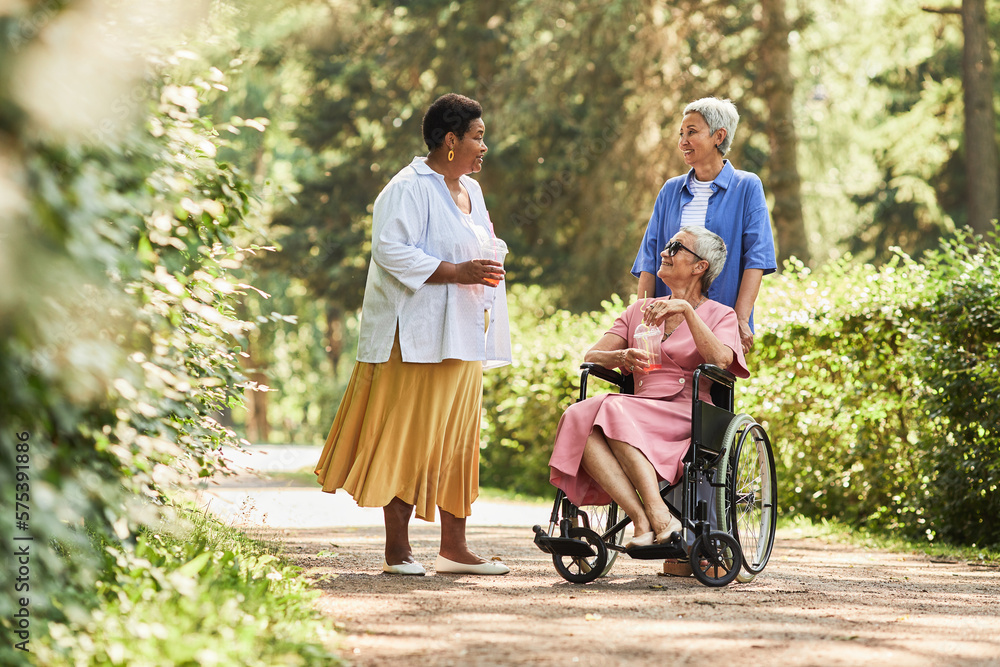Managing blood pressure in elderly individuals is crucial for maintaining their overall health. As people age, the risk of developing high blood pressure (hypertension) increases, making it essential to identify safe and effective treatments. So, what is the safest blood pressure medicine for the elderly? Understanding the options available can help seniors and their caregivers make informed decisions.
Choosing the right blood pressure medication involves considering several factors, including the individual’s overall health, existing medical conditions, and potential side effects of various medications. Let’s explore the various types of blood pressure medications and understand what might be best for elderly individuals.

Understanding High Blood Pressure in the Elderly
High blood pressure, or hypertension, occurs when the force of blood against the artery walls is consistently too high. Over time, this increased pressure can lead to severe health complications, such as heart disease, stroke, and kidney failure. For the elderly, managing blood pressure is vital to preserving quality of life and longevity.
It’s important to note that symptoms of high blood pressure may not be apparent, which is why regular monitoring is essential. As people age, the risk factors associated with hypertension, such as obesity, a sedentary lifestyle, and poor diet, can become more pronounced.
Common Medications for the Elderly
There are several types of blood pressure medications available, each with its own mechanism of action. Commonly prescribed medications include:
Diuretics
Diuretics, also known as ‘water pills,’ help the kidneys eliminate excess water and salt from the body, reducing blood volume. They are often the first line of treatment for hypertension in the elderly. However, they may cause dehydration and electrolyte imbalances, which need to be monitored closely.
Calcium Channel Blockers
These medications relax and widen blood vessels, making it easier for the heart to pump blood. They are particularly effective for older adults with isolated systolic hypertension. It’s crucial to monitor for potential side effects, such as swelling or dizziness.
For more information on treating health issues in the elderly, you can read about dizziness in the elderly.
Angiotensin-converting Enzyme (ACE) Inhibitors
ACE inhibitors work by blocking a hormone that narrows blood vessels. They are commonly used for older adults with other medical conditions, such as chronic kidney disease. It’s important to monitor kidney function and potassium levels when using ACE inhibitors.
Angiotensin II Receptor Blockers (ARBs)
Similar to ACE inhibitors, ARBs block a different part of the hormone pathway, relaxing blood vessels. They are often prescribed for those who experience side effects from ACE inhibitors.
Tailoring Treatment to Individual Needs
The choice of medication should be individualized, taking into account the patient’s overall health and medical history. Doctors often start with a low dose of medication and adjust as needed based on the patient’s response and any side effects.
In some cases, combination therapy, using two or more medications, may be necessary to achieve optimal blood pressure control. This approach can help reduce side effects since lower doses of each medication can be used.
Understanding how long an elderly bedridden person can live can provide insight into challenges faced by seniors.
Potential Side Effects and Risks
Every medication comes with potential side effects, and it’s important to balance the benefits and risks. In the elderly, side effects can include dizziness, fatigue, headaches, and more. Regular monitoring and communication with healthcare providers can help manage these effects effectively.
Interactions with Other Medications
Many elderly individuals take multiple medications, increasing the risk of drug interactions. It is vital for healthcare providers to review all medications and supplements a patient is taking to prevent adverse interactions.
The Role of Lifestyle Modifications
While medications play a crucial role, lifestyle modifications are equally important. Encouraging a healthy diet, regular physical activity, weight management, and smoking cessation can significantly improve blood pressure control.
Dietary changes, such as reducing sodium intake and increasing potassium-rich foods, can have a positive impact. Monitoring alcohol consumption can also help prevent spikes in blood pressure.
For additional resources on assisting elderly individuals, consider reading about caring for elderly parents at home.
Importance of Regular Monitoring
Regular blood pressure monitoring is essential for the elderly, especially after initiating or changing medication. Self-monitoring devices can empower seniors to track their blood pressure at home and share results with their healthcare provider.
Collaborating with Healthcare Providers
An open and honest relationship with healthcare providers is essential for effective blood pressure management. Regular appointments enable doctors to adjust treatment plans based on the patient’s evolving needs.
Encouraging Compliance
Medication adherence is critical for achieving desired blood pressure targets. Educating patients and caregivers about the importance of taking medications as prescribed and addressing any concerns or misconceptions can improve compliance.
For more guidance, consider how appetite can be increased in elderly individuals.
Role of Support Systems
Support from family, friends, and caregivers can be invaluable. Encouraging active participation in a senior’s healthcare journey can enhance accountability and willingness to embrace lifestyle changes.
Conclusion
The right blood pressure medicine for elderly individuals depends on various factors, including individual health conditions and potential side effects. By staying informed and working closely with healthcare providers, seniors can manage their blood pressure effectively, improving their quality of life.

FAQ
What lifestyle changes can help manage blood pressure in the elderly?
Adopting a healthy diet, engaging in regular physical activity, managing weight, and avoiding tobacco are key lifestyle changes that can improve blood pressure control.
How often should elderly people check their blood pressure?
Elderly individuals should have regular blood pressure checks, at least once every 3 months or as recommended by their healthcare provider, especially after medication adjustments.
Are there natural remedies for controlling blood pressure in the elderly?
While lifestyle changes can significantly impact blood pressure, natural remedies such as reducing salt intake, managing stress, and ensuring adequate potassium consumption may complement medical treatments.
This article contains affiliate links. We may earn a commission at no extra cost to you.

